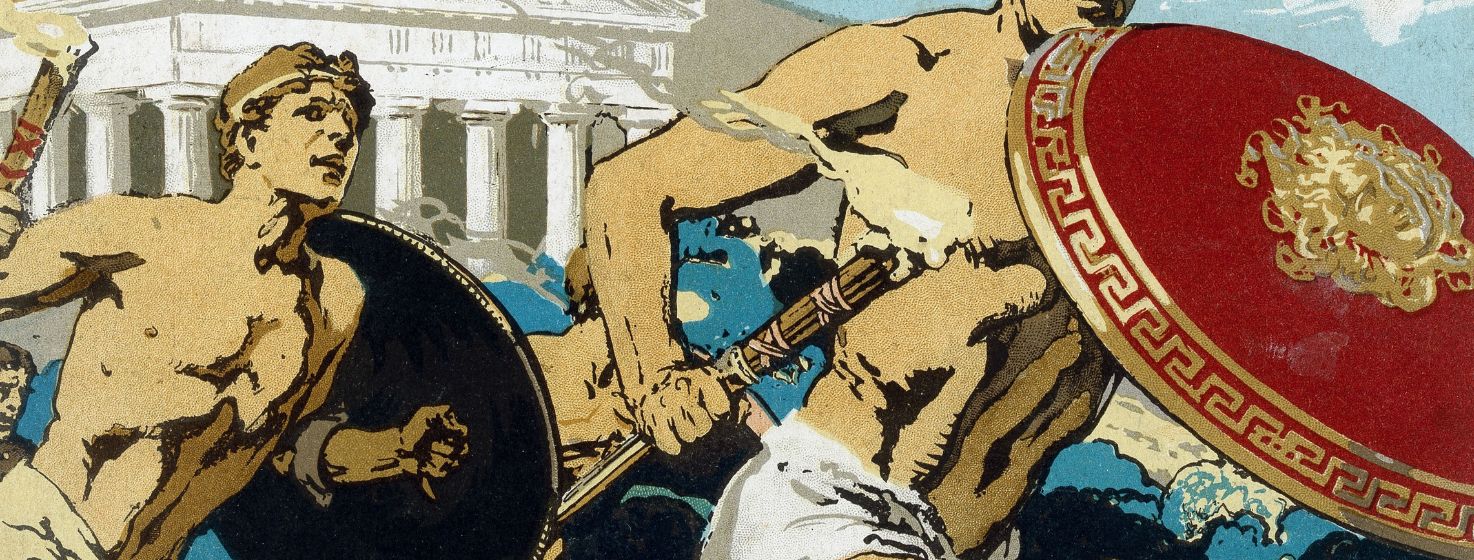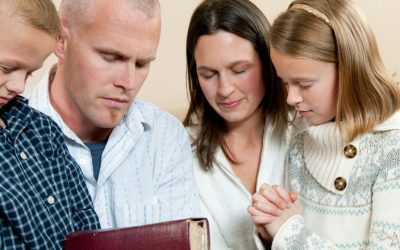We ended Part 2 comparing an anthropocentric versus theocentric worldview. Man-centered or God-centered. Let’s move on to two other differences between the Hebrews and the Greeks.
Monotheistic vs. Polytheistic
Although Greeks were man-centered, they still served gods. Their gods just weren’t central to their lives. They were “on the side” and impersonal – to be feared, appeased, and blamed via rituals and empty religion.
But for the Hebrew, there was only one true God. Monotheism. “The Lord God is one.” Jews were to be living examples of a covenantal relationship with God, built on trust.
Hmm. Trust versus rituals. Relationship versus religion.
Unwittingly, we too can relegate God to our religious ritual on Sunday at 10 if we’re not careful. In stark contrast is a moment-by-moment relationship with Him. Similarly, we can view Christian homeschooling as merely adding a Bible class to a secular study. In contrast is every subject infused with God, the Creator of it all.
Polytheism can also manifest in our worldly ambitions – being more concerned about our children’s academic performance than about their character and heart motivation. Do we have many educational gods? Certainly, Godliness doesn’t preclude excellent academics. On the contrary, God requires that whatever our hand finds to do, we do it with all our might. The difference is why we care about academics.
Spirituality vs. Sensuality
Hebrews were known for spirituality while Greeks were known for sensuality.
Hebrew spirituality expressed itself in a lively relationship with God. This was not a far-away god, but one as near as the heart and as accessible as prayer. Further, community was the heart of Jewish worship – community with God and community with other believers.
By contrast, Greeks practiced sensuality and venerated the human body. Physical beauty and prowess were prized above all else. Physical education was a central part of Greek schooling and prepared young men for adult sports, Olympic games, and to be a soldier for the state. In fact, Greek public sports were often performed nude to glorify and display the well-prepared body.
The Hebrew, in contrast, appreciated and cared for the human body as a gift from the Lord. It was treated with respect and modesty as the vehicle through which the worship of God was performed. The body was merely a vessel for other more important things.
Paul, living in the throes of Greek society, said it this way, “For bodily exercise profits a little, but godliness is profitable for all things, having promise of the life that now is and of that which is to come.”
It’s not hard to see that we still live in a Greek-influenced world. The pressure on your kids (and you) is toward beauty and athleticism for its own sake and for the sake of looking good on the outside. If we succumb, we will be tempted to wear very little that our beauty might be displayed and noticed.
In stark contrast is modesty – not a lack of beauty leaning toward stoicism, but the humility that recognizes beauty as a gift from God to be found in some measure in all of us. And while in the context of health and community, exercise does profit a little, it’s not central. Health is godly (God is a Healer after all), but it’s not the main goal. Our bodies are temporal; our souls are eternal.
Isn’t it interesting to consider our homeschool choices in light of Hebraic versus Greek priorities?





Recent Comments